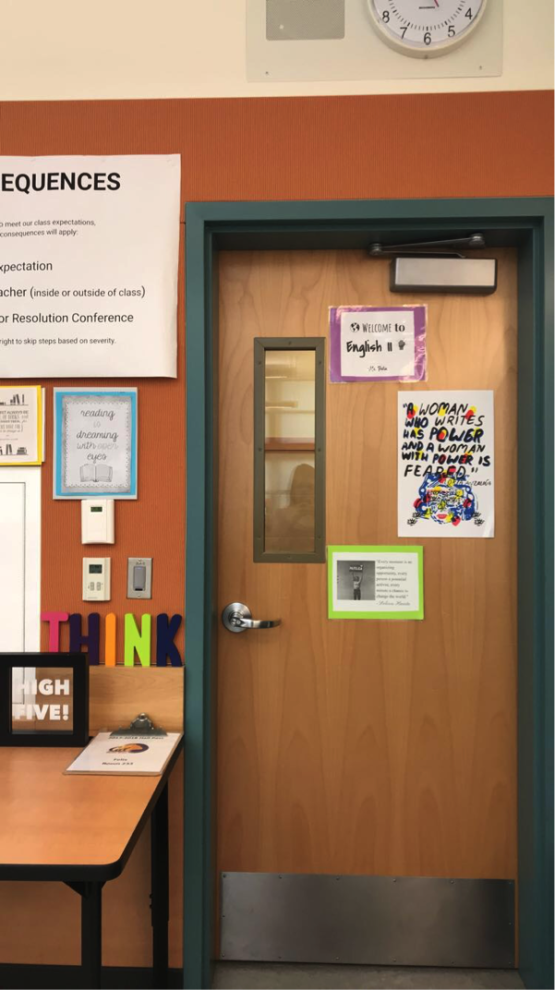The teachers that live on in our memories are the ones who challenged us as students and connected the curriculum to our daily lives. In my experience, the more relatable the topics that were discussed in class, the more engaged I was as a student and was therefore more likely to retain the information.
As a teacher, I now attempt to do this with my own 10th grade English students. My sophomores and I have a huge thing in common: we are both from the same city, Richmond, California. Richmond is a vibrant community filled with beautiful art and resilient families, many of which have been around for generations.
I have the privilege of working at a high school that holds our students to the highest of academic expectations, which includes using rigorous materials in our teaching. This unit, we have been engaging with Chinua Achebe’s Things Fall Apart. The novel’s protagonist is heavily focused on gender and patriarchal acts of power throughout the plot. In attempts to make a challenging text more engaging and accessible to all learners, I created a discussion activity that challenged students to take aspects of the novel and compare them to their daily lives. The main focus of the assignment was to explore issues of gender and class in the novel.
Students connected the novel to issues of machismo they’ve experienced and critiqued the typical patriarchal structure of Latinx families. Students shared deep personal experiences while simultaneously using academic language and textual evidence.
It is my belief that a truly strong classroom will challenge students and have an underlying tone that discomfort is encouraged. During challenging points throughout the year, I often remind students that pushing themselves out of their comfort zone and being content with discomfort are some of the only things that will support their academic and personal growth. Throughout the week, students have shared anecdotes of conversations they had with family members about family structures and power dynamics and it takes a lot of bravery for young people to speak up against machismo in their families. For most of us, machismo has been a huge factor in our families for generations prior. It is with deep belief for my students that I will continue to challenge them academically and as young people, only then will the growth in our classroom be evident.
Daniela Felix
Latest posts by Daniela Felix (see all)
- The Importance of Mid Year Data for Teachers, Students, and Families - December 18, 2019
- Las Familias Deben Participar en la Mejora de los Resultados de las Pruebas SBAC de California - December 10, 2019
- La Guia de los Aprendices de Inglés de California es un Recurso Útil para los Maestros - December 4, 2019
- California’s English Learner Roadmap Is a Helpful Resource for Teachers - December 2, 2019
- Families Need To Be Involved in Improving California’s SBAC Test Results - November 27, 2019

